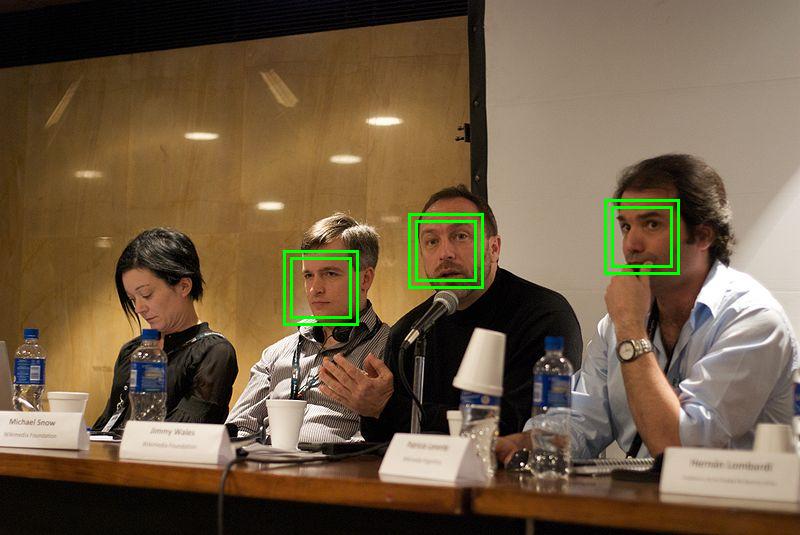
Governments around the world are using facial recognition, mobile phone data and other apps to track the spread of COVID-19 and monitor people under quarantine.
The coronavirus pandemic has pushed authorities globally to impose draconian lockdowns, travel bans, and tighter border controls in an attempt to stop the spread of the contagious virus.
There are concerns over the ways in which governments are using technology to track the spread of the virus. Human rights activists and privacy experts are alarming that may outlast coronavirus and the new surveillance practices might stick around long after the pandemic ends.
Edward Snowden, a former CIA contractor who exposed NSA mass surveillance programs, warns the authorities would become comfortable with the new power. The surveillance measures, like biometric facial recognition technology, help to slow the transmission of COVID-19 but the surveillance infrastructure we build today will probably remain here decades from now.
Coronavirus pandemic is changing the world in unprecedented ways. The coronavirus is creating a lucrative market for facial recognition manufacturers. All over the world, authorities use artificial intelligence, biometric data, phone tracking applications to keep tabs on the population but privacy issues need to be top of mind, technology experts warn.
In China, citizens are required to install a mobile phone app that assigns them a color code, green, yellow or red, that shows health status. Also, CCTV cameras have been installed above the apartment doors of infected citizens by the government, to ensure they stay inside for the quarantine period.
The South Korean everyone who tests positive for COVID-19 is ordered to install an app that alerts authorities if they exit quarantine. Citizens also receive text messages about the movements of infected people, and the places those people visited before being hospitalized. 78.5 percent of citizens of South Korea said they would sacrifice privacy rights to help prevent a national epidemic, according to a survey conducted in February by the Seoul National University of Public Health.
The U.S. hasn’t started implementing similar surveillance tools until now but companies like Google, Facebook and Amazon have been reportedly negotiating with White House officials about how they might be able to model and help track the spread of the pandemic.